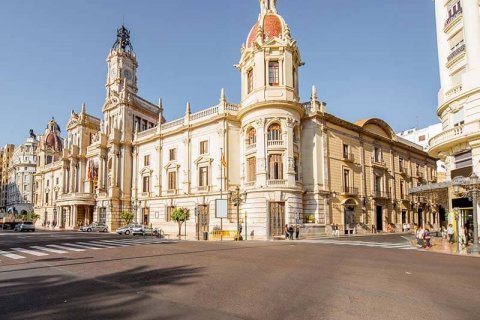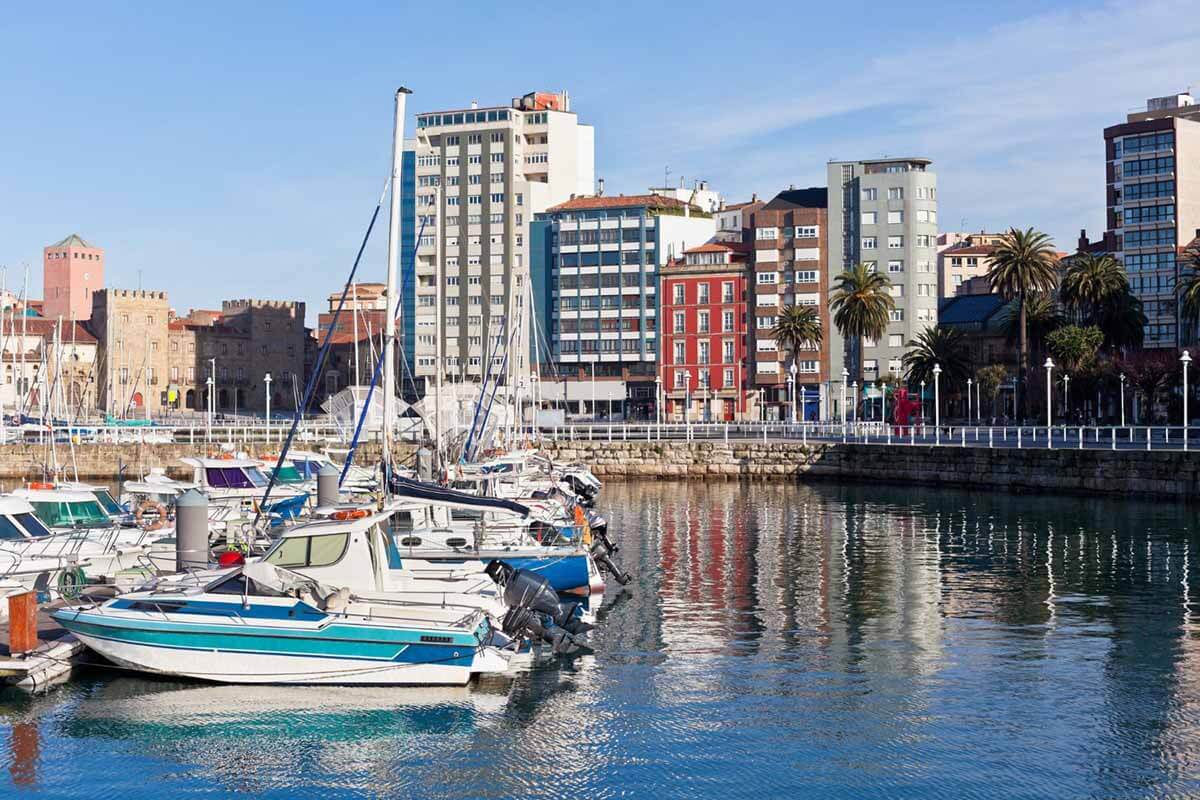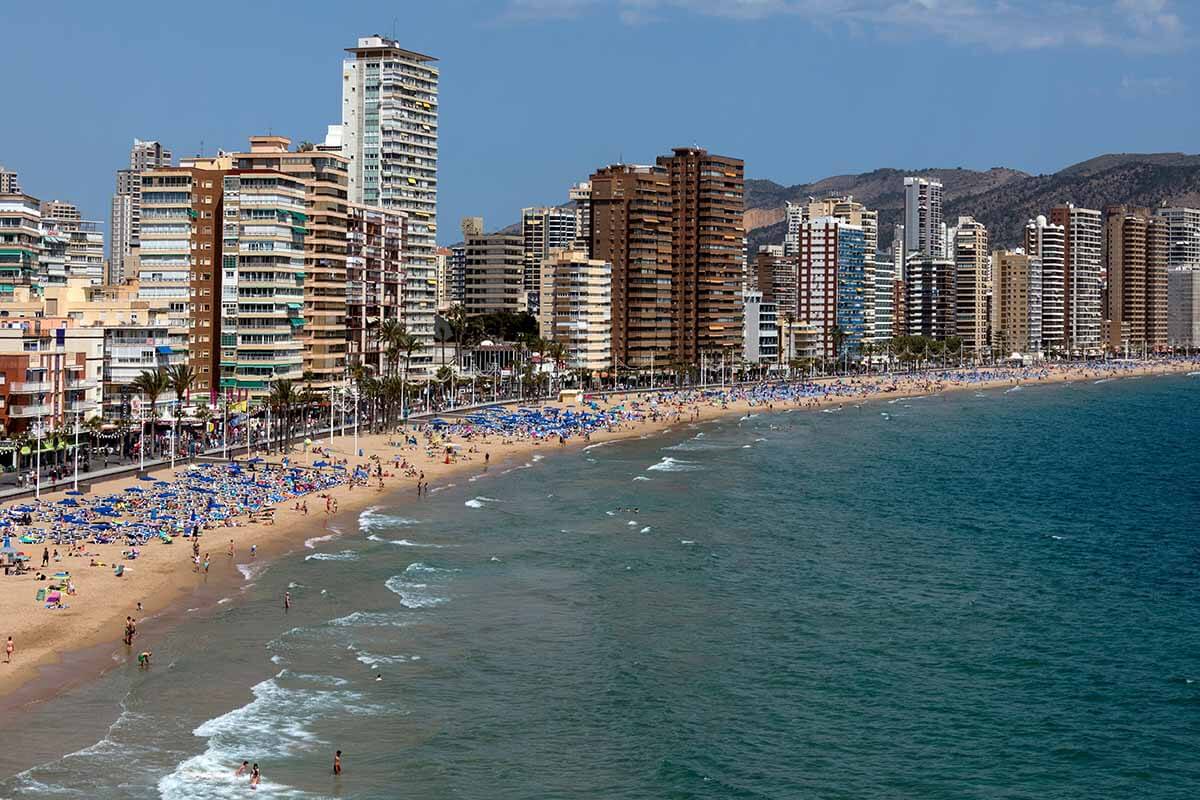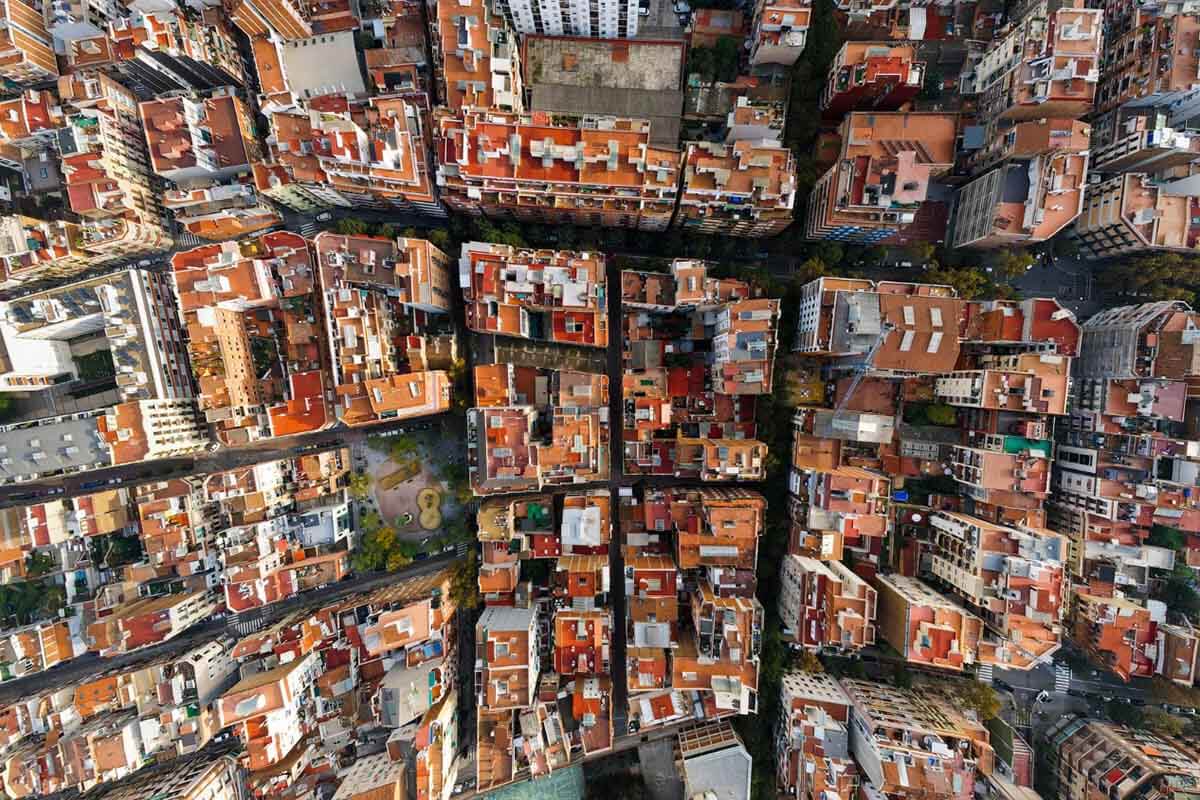
Before you start looking for real estate in Spain, the buyer needs to analyze the potential costs that he will have to face. When concluding a transaction, the costs go far beyond the value of real estate. They will include taxes, the services of such professionals as lawyers, agents and notaries, the purchase of furniture and much more. Understanding these costs will help the buyer to plan his budget correctly and get the residential or commercial unit that he has always dreamed of.
Content:
Primary property
Primary real estate is real estate that has never been sold before. When buying a residential or commercial unit from a developer or a bank acting as an intermediary, it is necessary to prepare for the following expenses:
VAT and stamp duty
VAT and stamp duty are standard fees to purchase primary real estate in Spain. Since these are national taxes, the state sets their rates. This means that they will be the same for residential or commercial real estate in any region. The only exception is the Canary Islands.
VAT (IVA) reaches 10% of the purchase price of residential real estate and 21% of the purchase price of a commercial unit or land plot. In the Canary Islands, VAT is called ICIC and is 4.5%. Stamp duty (AJD) is set at 1% of the purchase price of the property. The buyer of the property is responsible for paying these taxes. The deposit is also subject to VAT.

Secondary real estate
Secondary real estate is real estate that is sold by an individual (the previous owner). When buying it, the buyer will encounter the following expenses:
Property transfer tax
The Property Transfer Tax (ITP) applies to secondary real estate. It is paid when the property is transferred from person to person. Like VAT, the property transfer tax also applies to any deposit that the buyer covers before the transaction is completed.
The ITP rate is set by autonomous communities at the local level. This means that this figure will vary from region to region. In Andalusia, for example, the property transfer tax is 8%, 9% or 10%, depending on the value of the property.
Income tax on the purchase of real estate from a non-resident
When purchasing real estate from a non-resident (i.e. a person without a visa or citizenship), the buyer must withhold 3% of the purchase price and pay it to the tax authorities. If this protocol is not followed, the property can be considered an asset and subject to capital gains tax. Therefore, checking the seller's resident status is mandatory.
Additional expenses
Regardless of the status of the property (whether primary or secondary), the buyer may also face the following costs:
Real estate agent services
Buyers who want to use the services of a real estate agent should know in advance about the commissions that he charges. However, as a rule, the seller pays them. Agents can charge from 2% to 15% of the property value. The buyer will not cover this amount if he has not agreed with the seller in advance.
Legal services
To protect their finances, many buyers use the services of a lawyer. Reliable specialists draw up and analyze contracts, give recommendations, explain complex legal terms and conduct a comprehensive audit to ensure that the transaction is legitimate. The cost of these services is about 1% of the purchase price of the property.
Mortgage costs
Buyers of a house or apartment in Spain applying for a mortgage loan should be aware that this procedure involves several expenses. The bank will require a specialist to assess the property. His services will cost about 500 euros. The buyer will also have to pay a commission to open a loan. Its amount is about 1% of the mortgage value.
Notary services
Buyers almost always pay for the services of a Spanish notary. They are calculated based on the property value, and other expenses for processing documents are paid separately. Notary fees are set by the government, therefore, unlike legal fees, they cannot be negotiated. However, the number of documents the buyer will need varies from case to case, so it may be difficult to determine the exact amount of the fees.
If the property costs 400,000 euros or more, notary expenses are likely to amount to 0.1% of the purchase price, and if it costs less than 100,000 euros – 0.4% of the purchase price. Then the buyer will have to cover administrative fees and paperwork fees above this amount, and VAT is also charged for this service. The same notary fees will be charged again when certifying mortgage documentation.
Registration fees in the Land Registry
In order for the property to officially become the property of the buyer, he must register his title in the Land Registry. As a rule, he is responsible for the costs of this procedure. He pays the fee to the real estate registrar, and the amount is calculated on a sliding scale depending on the purchase price. It can vary from 0.1% for the most expensive real estate to 0.3% for affordable units. VAT is also added to the Land Registry fees.

Hidden costs
Below are the hidden costs faced by buyers of an apartment or house in Spain.
Bank expenses
To purchase real estate in Spain, you need to open a bank account. Moreover, some foreign buyers will have to transfer money from their homeland by paying currency exchange fees. Their size can be significant, reaching several thousand euros.
Furniture
As soon as the buyer becomes the owner of a Spanish property, he will probably want to furnish it. He can transport interior items from his home country, but he should pay attention to transportation costs. Also, the homeowner can buy new furniture in Spain. The cost depends on whether he needs various handmade products, or he is content with simple and inexpensive items. As a rule, high-quality furnishing of a two-bedroom apartment costs 10,000-15,000 euros. This amount can be reduced by purchasing supported items or new items in such affordable chains as IKEA.
Plusvalia Municipal Tax
If the seller does not pay the municipal tax (which is one of his obligations), the buyer may be responsible for this fee. To prevent a situation where he will be responsible for this duty, he must make sure that the second party to the transaction has paid this tax.

